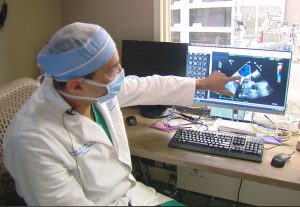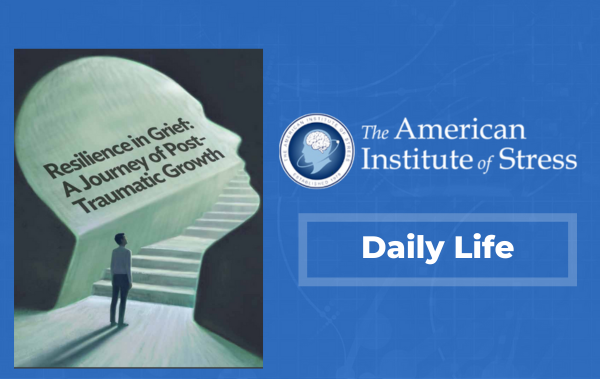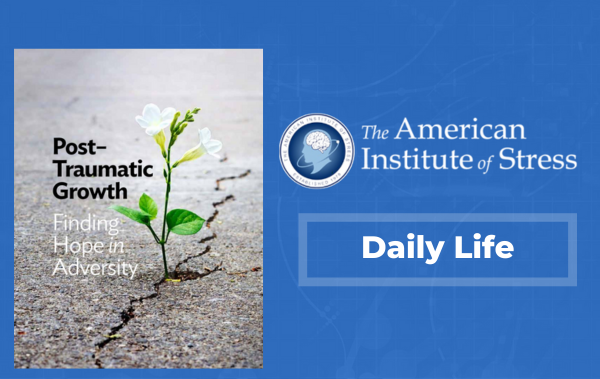 CINCINNATI (WKRC) – There are new concerns about another possible risk of this coronavirus pandemic. The team at St. Elizabeth Healthcare is helping us learn more about what many report is on the rise across the country: broken heart syndrome.
CINCINNATI (WKRC) – There are new concerns about another possible risk of this coronavirus pandemic. The team at St. Elizabeth Healthcare is helping us learn more about what many report is on the rise across the country: broken heart syndrome.
It is yet another sign that this pandemic is taking its toll in many ways. For weeks now, since this pandemic began, we’ve been hearing about delayed heart care.
“That is true,” said Dr. Kevin Fitzgerald, an interventional cardiologist at St. Elizabeth Healthcare. “We’re seeing delayed presentation, so people are having heart attacks or symptoms of impending heart attacks, and they are ignoring them because they are afraid to come to the hospital.”
The team at St. Elizabeth Healthcare in Northern Kentucky says another concern in heart care is also on the rise. The stress of everything, from the illnesses we fear to financial strain and job loss, is now leading to a rise in what’s called broken heart syndrome.
A study in the Journal of the American Medical Association Network Open said it’s gone up in this pandemic.
Broken heart syndrome has symptoms that are similar to a heart attack. They include shortness of breath and chest pain, but rather than blocked arteries, this is brought on because stress can change the heart’s function, reducing its ability to pump blood effectively. Either way, you may need help with it.
“There’s a saying in cardiology that time is muscle,” said Dr. Fitzgerald. “If you are having symptoms of a heart attack, the earlier the better.”
The team said no matter what’s causing your heart symptoms, a structural heart problem or something induced by stress, you still shouldn’t wait to get care.
“If you present too late, you have limited options and you may be left with a significant amount of damage,” said Dr. Fitzgerald.
While stress won’t hurt you, your reaction to stress clearly can harm the heart.
Most researchers say this syndrome likely comes on from a fight or flight stress response. Either way, the team at St. Elizabeth Healthcare reminds all of us that you don’t have to be afraid to reach out for care if you’re noticing heart symptoms and don’t know why. If you need a heart specialist, you can find one here.
by Liz Bonis & Merby Curtis, WKRC





